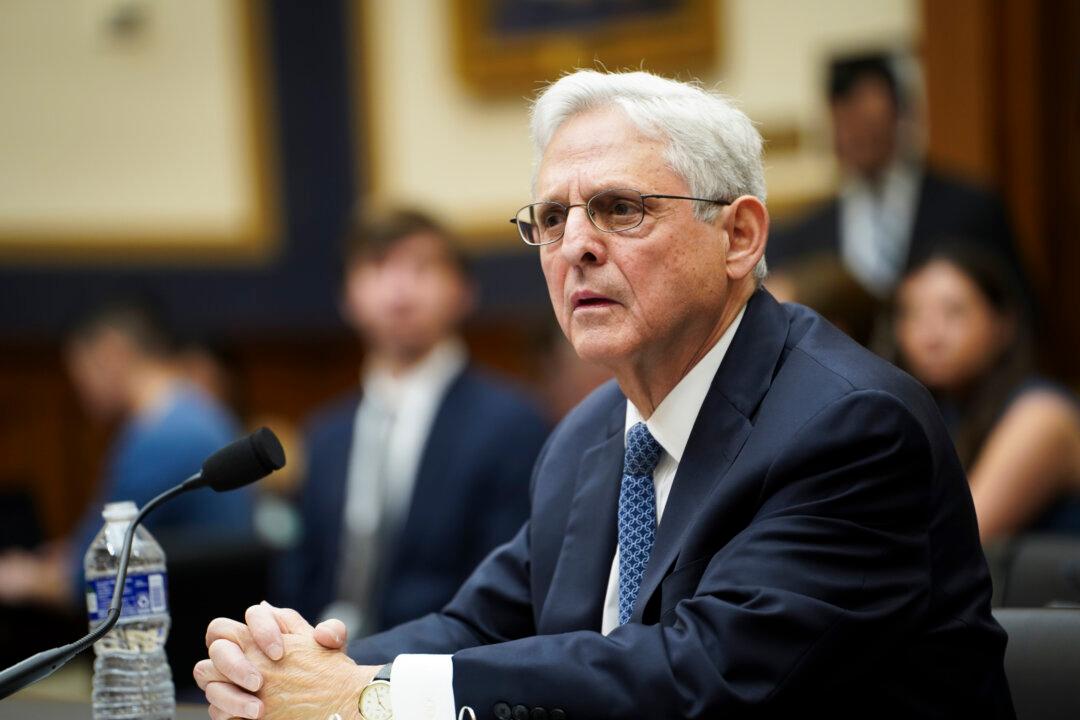House Judiciary Committee Chairman Jim Jordan (R-Ohio) set the tone at the outset of Wednesday’s oversight hearing featuring Attorney General Merrick Garland, saying in the first sentence of his opening statement: “The fix is in.”
Mr. Jordan was referring to the four-plus years of DOJ investigations of the multi-faceted influence-peddling scandal centered on President Joe Biden, including the failure of his son Hunter to pay taxes on millions of dollars of income received, directly and indirectly, from multiple foreign interests. The latter investigation has been led since 2018 by U.S. Attorney for Delaware, David Weiss, appointed by President Donald Trump with the consent of Sen. Chris Coons and Sen. Tom Carpeer, both Delaware Democrats.





